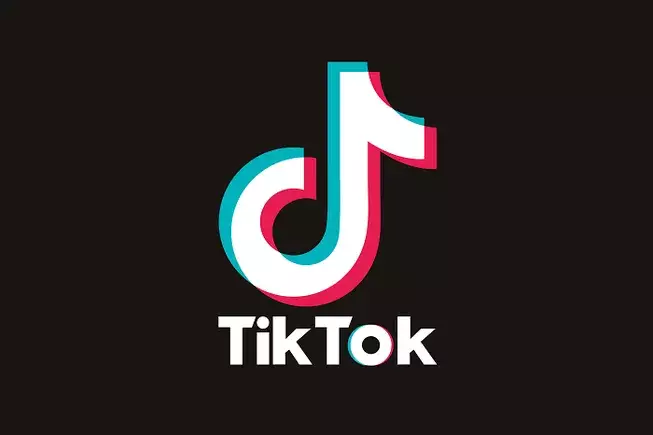As one of the most popular social media platforms worldwide, TikTok’s journey in the United States has recently undergone a significant twist, amidst ongoing discussions concerning its ownership and regulatory future. Following fresh deliberations between the platform and key players in the tech industry, TikTok has made a return to app stores in the U.S, following assurances from Google and Apple that they would face no penalties for facilitating the app’s availability. This development occurs in a landscape marked by political maneuvering, regulatory scrutiny, and the intricate web of U.S.-China relations.
The backdrop to TikTok’s renewed accessibility is the “Protecting Americans from Foreign Adversary Controlled Applications Act,” a piece of legislation designed to address national security concerns associated with foreign-owned applications. Under this act, TikTok’s fate hinged on the requirement for the app to undergo sale to a U.S.-based owner by January 19. The absence of any such sale left the platform teetering on the edge of a ban, which seemed imminent until recent developments intervened.
Upon President Trump’s inauguration, an executive order extended the deadline by an additional 75 days, irrespective of the original law. This decision, while providing a temporary reprieve for TikTok, did not negate the requirement for compliance with the stipulations of the Protecting Americans Act. By granting this extension, Trump created a window of opportunity for TikTok to negotiate a potential deal that could alleviate the concerns tied to its Chinese ownership.
In the days following the extension, discussions unfolded around various potential acquisitions, suggesting a willingness from tech giants like Oracle, Microsoft, and Amazon to explore deals that might see them assuming control over TikTok’s U.S. operations. The proposals floated by Trump even hinted at a potential government stake in the app. These conversations illustrate the ongoing struggle between national interests and global commercial realities, underlining how deeply ingrained concerns around data security and foreign influence have become in the digital age.
The U.S. government’s stance on TikTok is characterized by a mix of apprehension and pragmatic negotiation. With the backdrop of increasing Sino-American tensions, TikTok’s ownership and operational management represent a contentious focal point that highlights deeper rifts in trade and technology exchanges between the two nations.
The swift deciding actions of major tech firms such as Google and Apple, who removed access to TikTok as uncertainty loomed, subsequently allowed for a return, which illuminates the cautious nature of Silicon Valley in playing the geopolitical game. The tech sector’s response underscores the challenges faced by companies that operate in an interdependent global economy, wherein regulatory compliance can shift rapidly and multifariously.
Once assurances were provided by the new Attorney-General Pam Bondi regarding the safety of hardware providers from prosecution stemming from TikTok’s availability in the U.S., the app was reinstated. This development has reinstated TikTok’s functionality, at least temporarily, and reflects how government assurances can pivotalize the operational landscape of tech applications amid overarching regulatory discourse.
Despite the current reprieve, TikTok’s long-term accessibility in the U.S. remains tenuous. The expiration of Trump’s 75-day extension highlights an impending deadline that may precipitate further negotiations or alterations in how operations are managed. For now, TikTok, which has cultivated a significant user base, including over 15 million followers for Trump himself, enjoys a period of stability, yet its prospects depend on swift resolution.
While Trump’s fondness for the app might play a part in its fate, the expectations of a formal agreement looms large in the background. The necessity of working with Chinese authorities adds another layer of complexity, emphasizing that any agreement would require meticulous coordination across geopolitical lines.
Ultimately, TikTok continues to signify the friction between innovation and national security in the modern digital landscape, projecting a narrative that will undoubtedly evolve as future negotiations unfold. As the stakes grow, the outcomes of these discussions will shed light on the intersection of technology, politics, and cultural exchange in an increasingly interconnected world.

